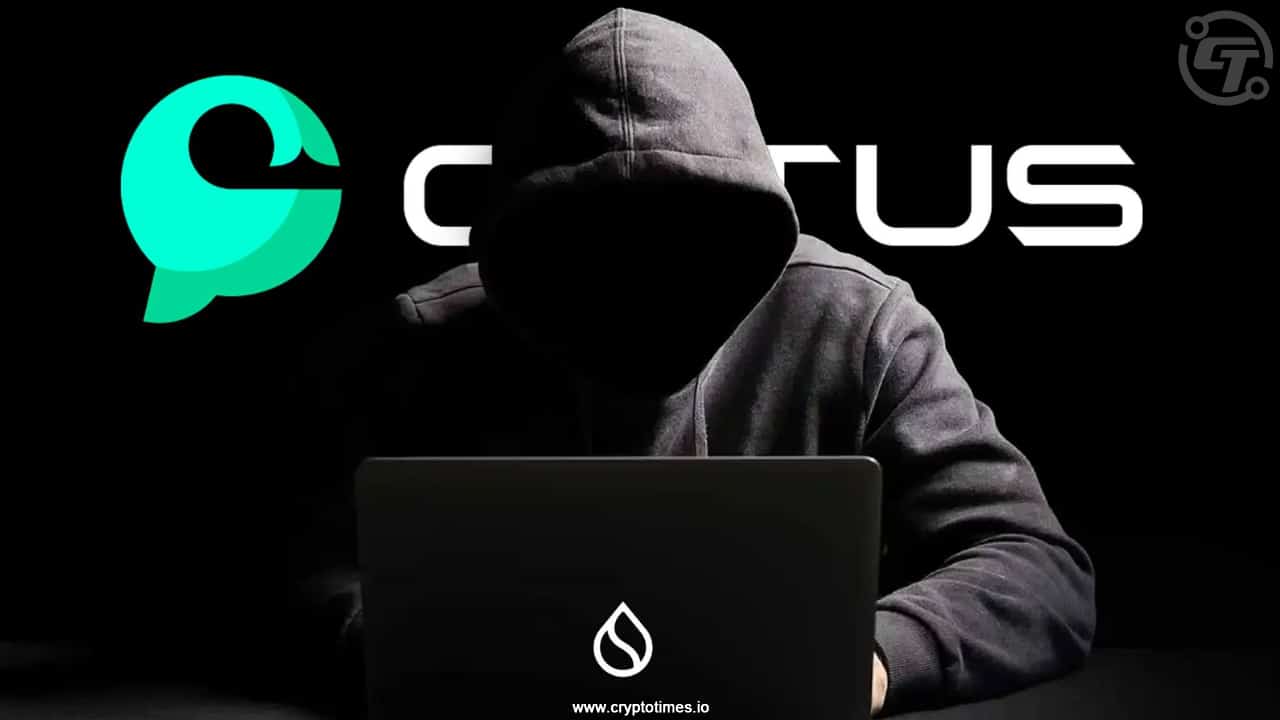$260M Cetus Exploit: Sui’s Fund Freeze Reignites Centralization Debate

Sui blockchain freezes $260M after Cetus exploit—decentralization purists scream hypocrisy.
When ’Code Is Law’ meets ’Emergency Override’
The network moved faster to lock funds than the hackers did to drain them—efficiency or overreach? Meanwhile, crypto VCs quietly update their ’decentralization’ pitch decks.
Another day, another protocol learning the hard way that blockchain immutability has asterisks. Especially when nine figures vanish.
Sui Validators Freeze Hacker Funds
The Sui Foundation, alongside Cetus and other DeFi protocols, collaborated with validators to execute the freeze, a MOVE that has sparked significant controversy over decentralization in the space.
Critics argue that the ability to freeze funds on-chain undermines Sui’s claims of being a decentralized blockchain network. Some experts highlight concerns that Sui’s validators, by selectively ignoring addresses holding stolen funds, demonstrate centralized control, contradicting the ethos of blockchain decentralization.
Some users pointed out that while this intervention protected users in this instance, it raises questions about the network’s ability to freeze funds at will, potentially threatening user sovereignty.
The founder and CIO of Cyber Capital, Justin Bones, notes that such a move makes SUI a centralized network, while claiming that its founders own the majority of supply and “there are only 114 validators.”
SUI’s validators are colluding to CENSOR the hacker’s TXs right now!
Does that make SUI centralized? The short answer is YES; what matters more is why?
The "founders" own the majority of supply & there are only 114 validators!
Change only happens when we all understand the why
Although not the whole DeFi industry is against Sui, as the Matte0, an anonymous ambassador of SuiLend defends Sui validators by calling the move reasonable. “This is what real world decentralization looks like. Not just powerless, but responsive and aligned with the community,” they said. “If enough independent validators choose to ignore transactions from a known malicious wallet, that wallet effectively can’t transact.”
Today $SUI validators from across the world coordinated together to freeze the hacker’s wallet
Some are calling this centralization
Spoiler: it’s not!
This is what real world decentralization looks like. Not just powerless, but responsive and aligned with the community
If… pic.twitter.com/1KMe2IrRpa
“Decentralization isn’t about standing by while people get hurt, It’s about the power to act together, without needing permission,” Matteo adds.
The Aftermath of the Sui-Cetus Attack
The hack has also drawn comparisons to broader decentralization debates, with some X users asserting that only Bitcoin and ethereum truly embody decentralized principles. The incident has also fueled skepticism about Sui’s marketing as a decentralized platform, with critics warn that such interventions could set a precedent for future overreach.
In reaction to the hack, Cetus and Sui developers patched the exploit within hours, and started their efforts to recover the remaining funds. The crypto community remains divided on the matter, with some praising the swift action and others questioning the long-term implications for trust and decentralization.
As investigations unfold, the Cetus hack serves as a stark reminder of the security challenges facing DeFi and the delicate balance between user protection and blockchain ideals.
Also read: Crypto Trader James Wynn Now Targets $122K Bitcoin Price

